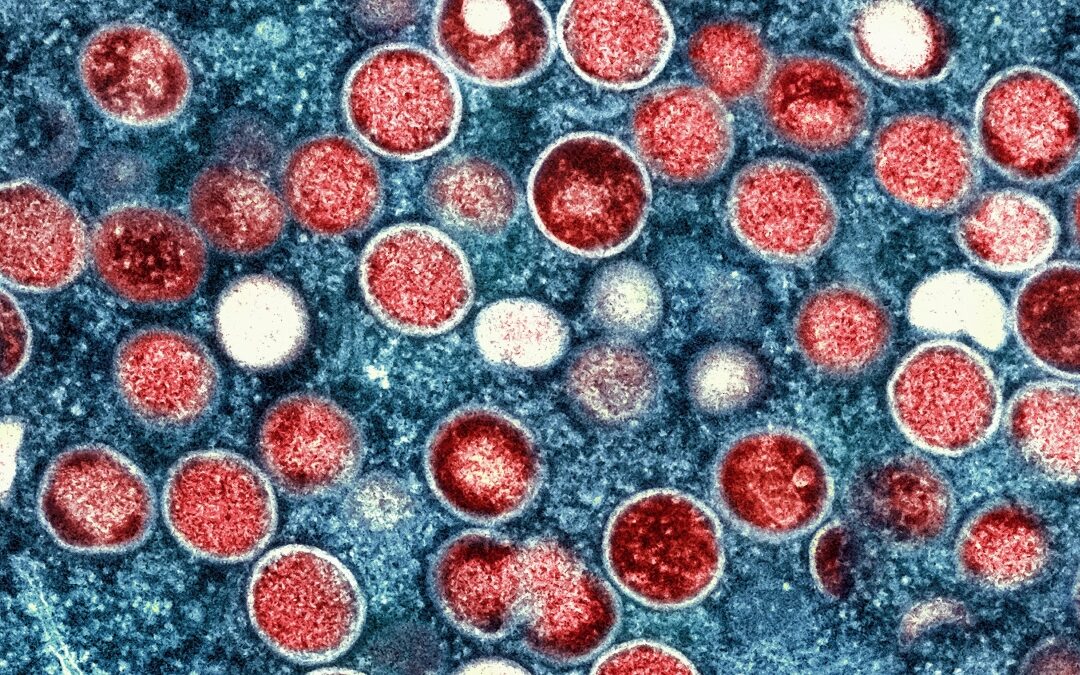Titled “Monkeypox: A Conversation with Scientists, Clinicians, and Community Leaders,” the seminar took place on Zoom and featured the following presenters:
- Perry N. Halkitis, dean, School of Public Health
- Rafael E. Pérez-Figueroa, associate dean for community engagement and public health practice, School of Public Health
- Leslie M. Kantor, professor and chair of the Department of Urban-Global Public Health, School of Public Health
- Quincy Bell-Viljoen, statewide LGBTQIA prevention manager, Hyacinth AIDS Foundation
- Bobby Lowry, harm reduction coordinator, Visiting Nurse Association
View the seminar recording:
During the seminar, Halkitis acknowledged the importance of targeted messaging and interventions within the public health response to the outbreak of monkeypox (which he refers to as MPX, to combat stigma associated with the disease’s name). While reviewing a chart titled “Racial/Ethnic Breakdown of Monkeypox Cases in U.S. Compared to the General Population,” Halkitis said:
“What you see pretty consistently is that communities of color, Black populations, and Hispanic populations, are overrepresented in the cases of MPX. I dare say, and I hypothesize with 99.9 percent certainty, that white populations are over-vaccinated for MPX as compared to communities of color. So, we have a lot of work to do here, not only with MPX generally in the population and in the gay and bisexual population, but something that we’ve been talking about in the School of Public Health for a long time is the notion that LGBTQ people are not the same.”
Identifying himself as a gay man, Halkitis continued: “We are not one group of people. We are diverse in multiple forms of our identity, and so we [public health practitioners] have to target messaging to address those multiple intersectional identities that we hold.” Halkitis also is the founding director of the Center for Health, Identity, Behavior, and Prevention Studies at the School of Public Health and a core faculty member of Rutgers Global Health Institute. Kantor, who presented on transmission and prevention, also is a core faculty member of the institute.
The speakers each gave brief presentations, talked candidly with one another, and answered audience questions. Topics discussed throughout the seminar include:
- epidemiology and clinical manifestation of the disease
- transmission and prevention, including why it’s not considered a sexually transmitted infection
- vaccines, treatment, and post-exposure prophylaxis
- government, agency, and community responses
- stigma, health disparities and health equity, and social and environmental determinants of health
- harm reduction and risk awareness
- resources for more information and support
View the seminar recording in the video player above or on YouTube.

